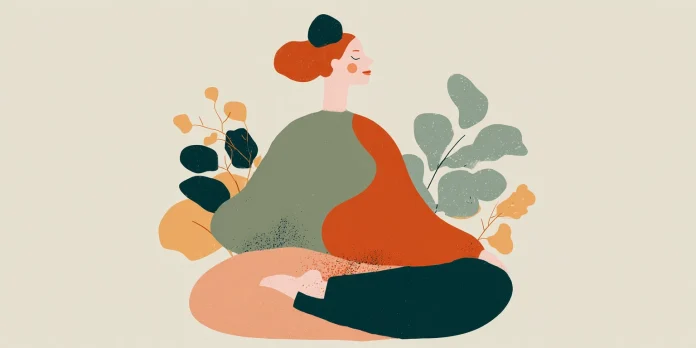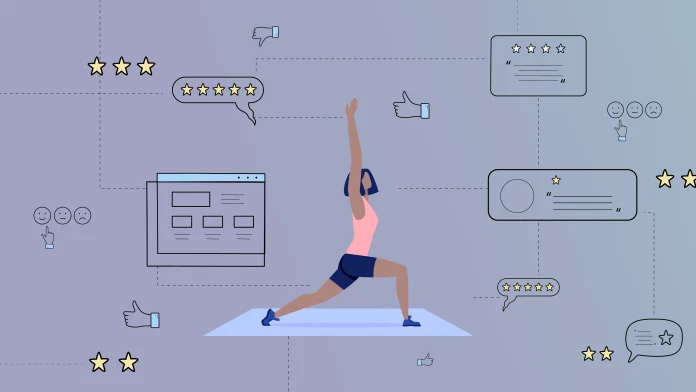Interview by Malena Sanchez Moccero
Register by Pilar Antrakidis
Osvaldo Garcia Iacovella* is an Argentinian veterinarian who spent years working at Pfizer, where he gained extensive knowledge in medicine and laboratory research. Over time, his curiosity led him to explore the world of mushrooms and their potential health benefits**, particularly for conditions like depression, Alzheimer’s, and Parkinson’s disease. Today, at 64, he lives by the beach, where he sails and dedicates himself to cultivating mushrooms for therapeutic purposes. In this interview, he shares his journey and insights.




SIMPLE PEOPLE: How did your interest in mushrooms begin?
OSVALDO GARCIA IACOVELLA: It started when I read an article about the effects of mushrooms on depression, Alzheimer’s, and Parkinson’s disease. I have friends who suffer from these conditions, and I was intrigued by the idea that mushrooms could offer relief without the involvement of major pharmaceutical companies. I began researching everything I could find, although reliable literature on the subject is still scarce.
SP: What was your first hands-on experience with mushrooms?
OGI: I was fortunate to meet a shaman who had explored many substances and focused his studies on mushrooms. Shamans understand the different types of mushrooms and where they grow based on the region. Southern Argentina, for example, has great potential for mushroom cultivation since fungi play a crucial role in decomposing fallen trees. He introduced me to the fundamentals of cultivation. It’s not easy—mushroom cultivation requires strict laboratory conditions, including aseptic measures and security protocols to prevent the loss of mycelium.
SP: What are the main benefits of mushrooms?
OGI: One of the mushrooms that fascinates me the most is Lion’s Mane, which stimulates neurogenesis and neuroplasticity. When I studied veterinary medicine, we were taught that neurons couldn’t regenerate, but today we know that’s not true. Another important mushroom is psilocybin, which has been shown to be effective in treating depression without creating the dependency associated with traditional antidepressants.
SP: In which countries is psilocybin legal?
OGI: Currently, countries like Australia and Colombia allow its use, but in most places, it remains illegal. However, there is very little legislation specifically addressing mushrooms. On a personal level, the cultivation of mushrooms is not as clearly restricted as marijuana, which is heavily regulated.




SP: The “stoned ape theory” is often mentioned in relation to mushrooms. Can you explain what it is?
OGI: This theory suggests that human beings may have developed language thanks to the consumption of psilocybin mushrooms. Psilocybin expands brain capacity and stimulates neuroplasticity, which could have played a role in the evolution of abstract thinking and communication in our ancestors.
SP: How are mushrooms consumed, and what effects do they have depending on the dosage?
OGI: Mushrooms are usually dehydrated after harvesting and consumed in a dried form. Their use is divided into two categories: microdoses and macrodoses. Microdoses are typically taken daily; in my case, I consume them every morning. They do not cause any noticeable alterations at the moment, but they do have a positive impact on daily life. They do not affect the nervous system or produce significant psychoactive effects; instead, they promote cerebral expansion. Macrodoses, on the other hand, typically range from 3 to 5 grams. When the dose exceeds 5 grams, it is referred to as a “heroic dose.” In this state, an ego dissolution occurs, which can make a person feel completely exposed to the world, without the usual psychological barriers. At this point, some individuals may experience panic. This is why it is crucial to prepare the consumer, explaining that if they feel anxious, they should take deep breaths, relax, and remember that the effects will fade within a few hours. Despite the intensity of the experience, the effects are often highly positive.




SP: How has your life changed since you started consuming mushrooms?
OGI: Since I began taking Lion’s Mane, Psilocybin, and Reishi, I feel more energetic and alive. Reishi is a non-psychedelic mushroom that the Chinese consider a superfood. It improves sleep quality, has cancer-preventive properties, promotes relaxation, and boosts immunity. At 64, I still enjoy my hobbies, like sailing and making vermouth. Mushrooms have also helped me heal emotionally, even addressing unresolved issues with my father. That’s why they’re called “magic mushrooms”—they seem to work exactly where healing is needed.
SP: How do they work?
OGI: Psychedelic mushrooms, or psilocybin-producing fungi, are often referred to as “magic mushrooms” because they appear to target areas where an individual has imbalances or deficiencies. Their effects take place within the central nervous system, and in many cases, illnesses originate in the brain before manifesting in the body. For this reason, they are considered “magical”—they act precisely where they are needed. If a person were in complete physical and mental harmony, they would likely experience fewer illnesses.
Psilocybin induces a sense of calm and balance, promoting a more peaceful and centered lifestyle. It helps individuals feel more connected to the present moment and their surroundings. By living in the here and now with full awareness, we can experience greater well-being.
SP: Do mushrooms have any contraindications?
OGI: Mushrooms have very few contraindications—almost none. In some cases, they may cause a slight increase in cardiovascular tension, but the effect is minimal.
At very high doses (macrodoses), they can induce intense hallucinations that may lead to panic episodes due to ego dissolution. This is why macrodoses are typically taken under therapeutic supervision.


SP: Do you believe mushrooms could revolutionize medicine?
OGI: Absolutely. Many laboratories are beginning to study their benefits, but there is still a lot to learn. If we could accurately measure their effects, we could usher in a new era of medicine.
SP: Do mushrooms influence creativity?
OGI: Without a doubt. Many artists use them because they expand consciousness and enhance creativity. Throughout history, various civilizations have consumed them, leading to advancements that were groundbreaking for their time.
SP: What’s next in your journey of exploration?
OGI: In a few days, I will be traveling to India. This trip is about continuing my search for transformation—learning to live a happier life with fewer possessions. India seems like a place where people find happiness in simplicity.
SP: Thank you very much for sharing your experience!
OGI: Thank you. I hope we can continue to learn more about mushrooms and their potential to improve people’s lives.

*Osvaldo Garcia Iacovella grows mushrooms for personal use and not for commercial purposes.
**This is a personal testimonial and in no way constitutes a recommendation from the editorial team or the board of specialists at Simple People.





